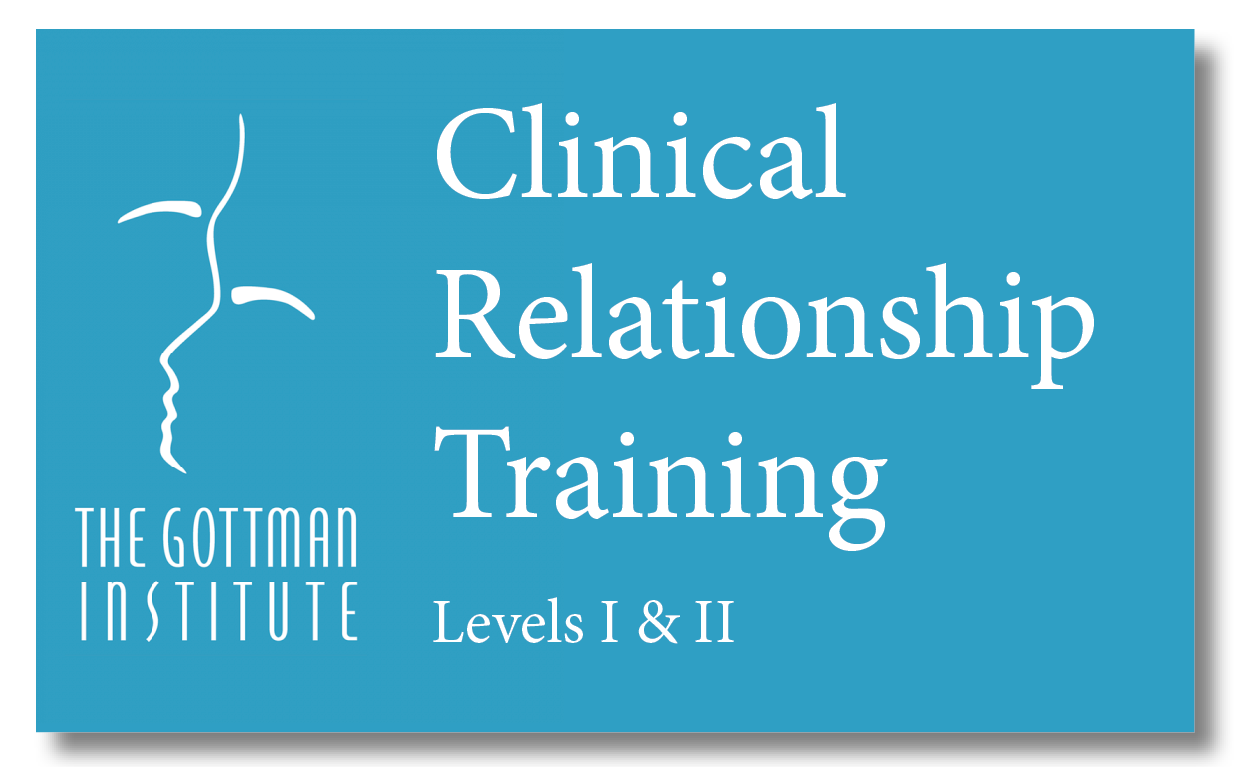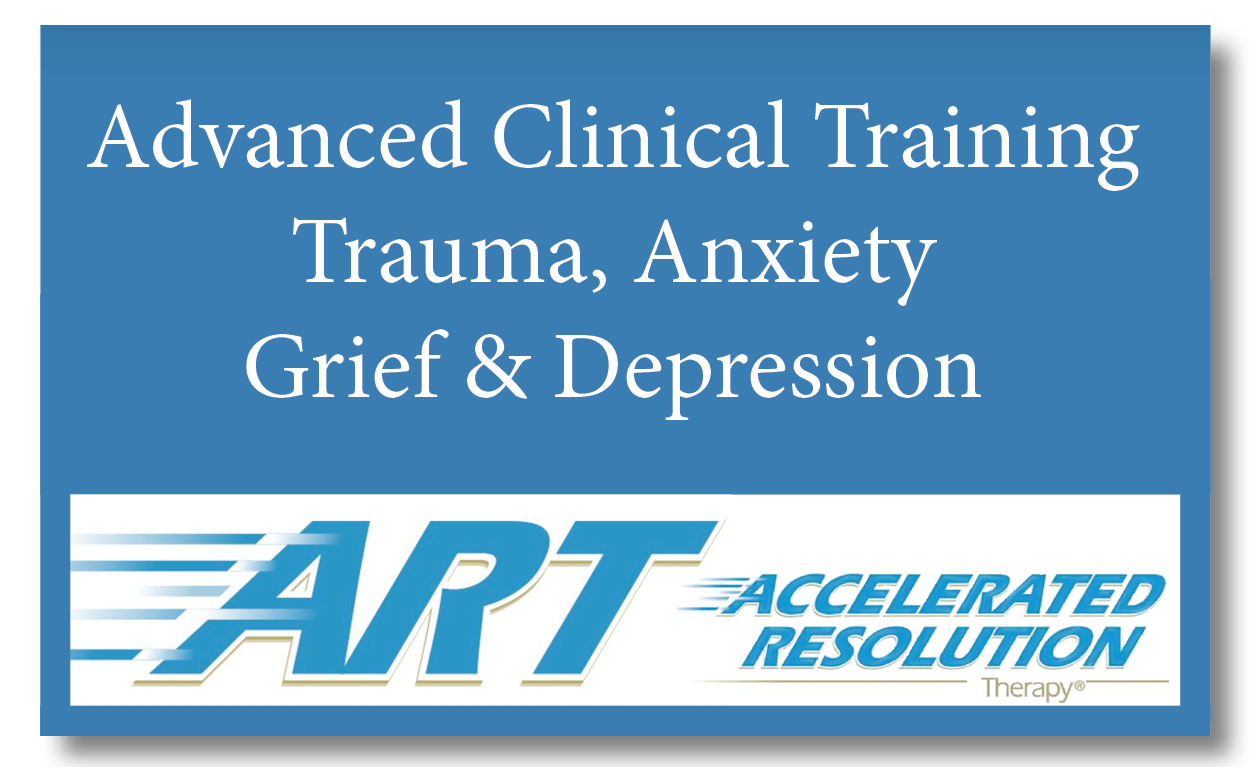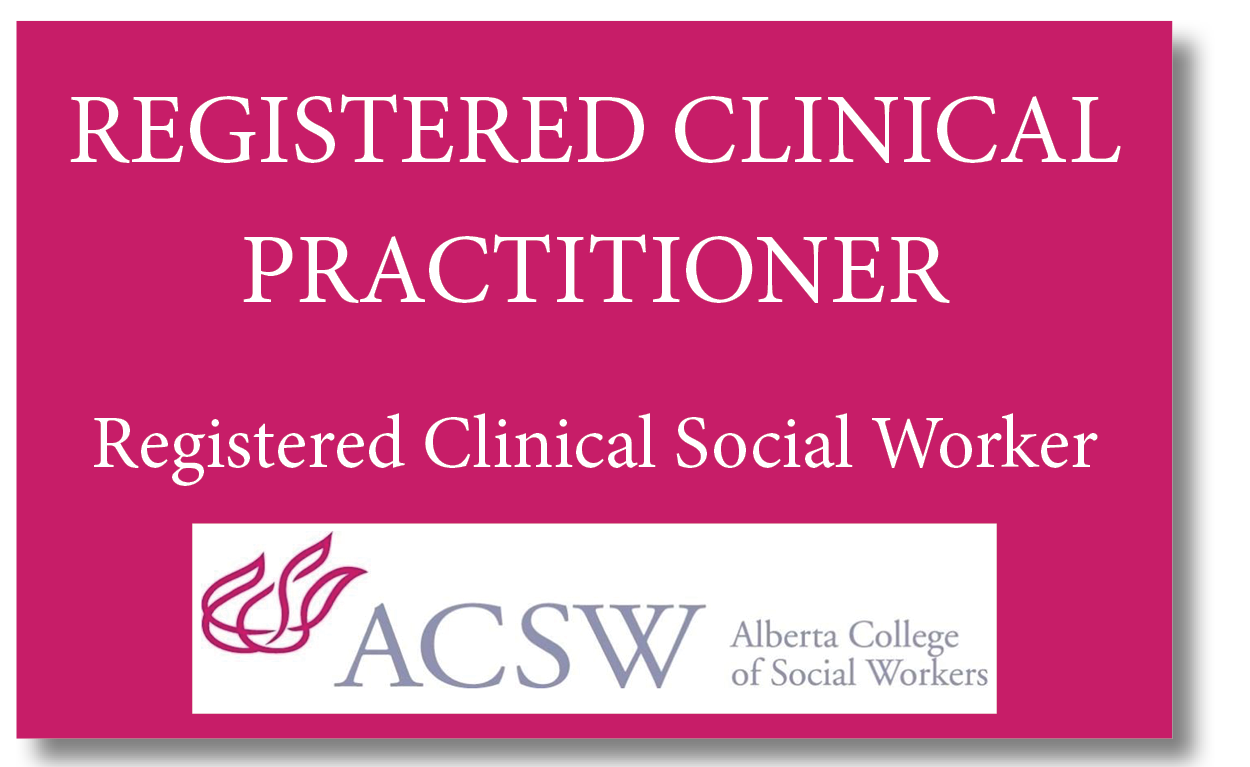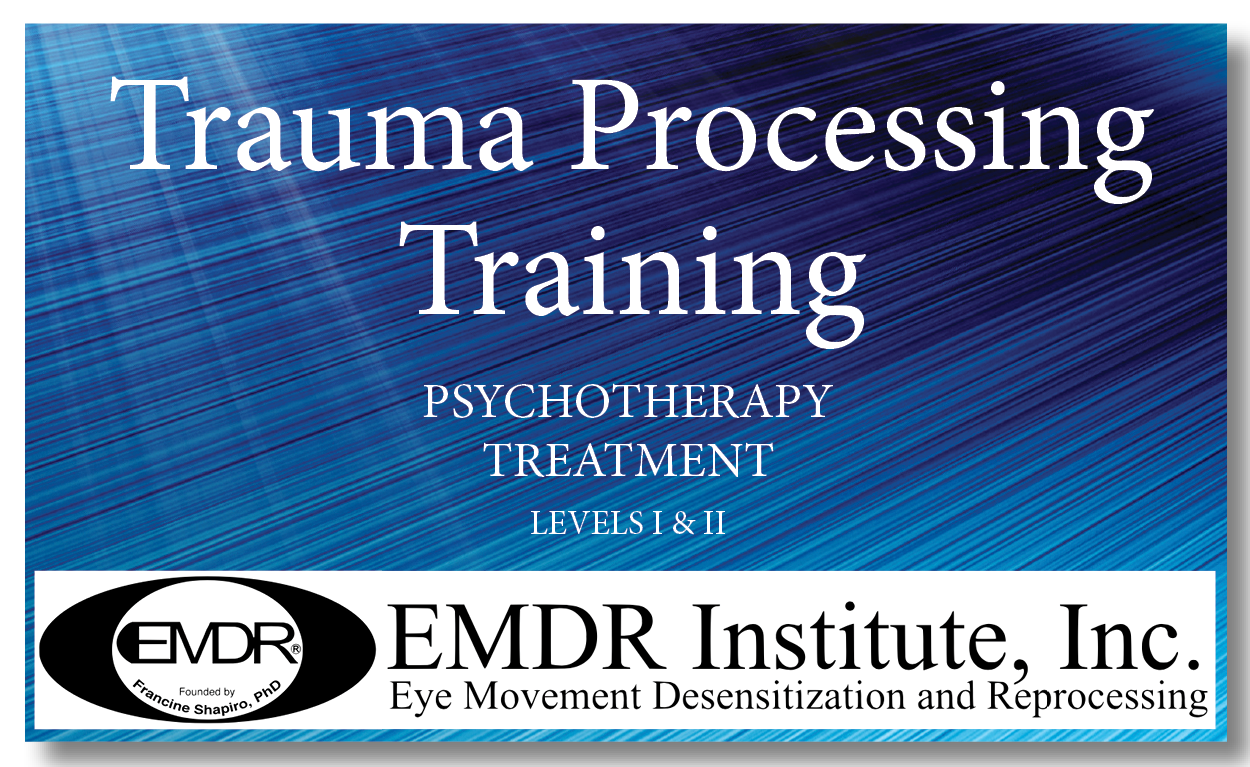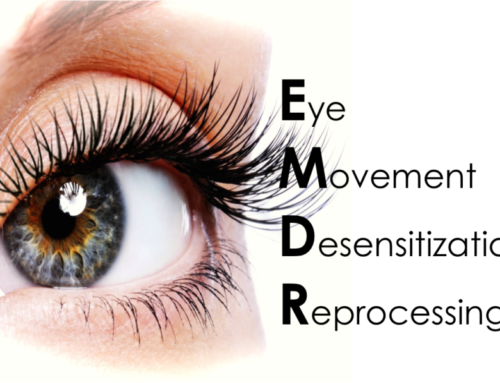Journalling Methods that Transform the Mind
Life’s a whirlwind, right? Between the never-ending hustle, social media FOMO, and adulting in general, our mental health sometimes takes a major hit. But guess what? There’s a low-key awesome tool that’s been around forever, and it’s right under our noses: journalling.
Now, I know what you’re thinking. “Oh no, one more thing I HAVE TO DO. My life is busy enough. I don’t have time to add this to my already busy schedule.”
I get it! I’ve been there. Who wants to do something that feels like one big extra task, on top of everything else you have to get done. And that’s why I love the effective journalling method of CPT.

Cognitive Processing Therapy Writing is simple and you only need to do 5 minutes a day to get started.
And your first step is to buy a journal. Yes, to get yourself an actual journal.
Picture this: your journal is like the ultimate place to park your thoughts. No judgment, no expectations, just you and your mental vibes. When you jot down your thoughts, you’re not just scribbling words – you’re actually giving yourself a front-row seat to self-reflection. And trust me, it’s amazingly insightful.
Now, you can use any random piece of paper. That’s true. But remember that what you’re going to be doing is to put down on paper some very intimate things. You don’t want just anyone reading this. Further, your inner world is deserving of a really nice journal, something that makes you want to put pen to paper.
Decluttering the Mental Chaos
Our minds can get seriously cluttered. It’s like having a million browser tabs open, and you can’t even find the one you need. When you journal, it’s like you’re decluttering that mental space.
Dumping your thoughts onto paper frees up headspace for the good stuff. It’s like clearing out all your junk drawers and then suddenly things fall much better into place.
You see, journaling is basically mindfulness wrapped in a notebook. It’s you, your thoughts, and some good old fashion self-awareness.
As you put pen to paper, you’re living in the moment and exploring the truth of your mental state. Over time, this helps mindfulness to become second nature, and suddenly, stress isn’t able to mess up your positive energy.

Effective Journalling Keeps Us Motivated
Remember when you reached that goal you’d been working toward for a long while? You felt exhausted but elated. You’d really proven something to yourself. That you got this. That you can really do this thing called life.
If you have a pen and paper, take a moment to write what it felt like:
But then what happened? Tough things came along and took the wind out of your sails. You got knocked down. Yet, you kept getting up. But each time it just felt harder and harder. Before you knew it thoughts of depression, anxiety and anger set in.
Effective journalling is a powerful means to get things back on track so you can once again create more wins in your life.
Let Journalling be Fun
I enjoy flipping through my past journal entries. It’s like watching my very own highlight reel. It reminds me that I’ve got the power to conquer whatever life throws my way.
Starting a journaling isn’t rocket science. You can grab any notebook and a pen, find a cozy corner, and let it flow. Get rid of any rules – it’s your space to be you. You can spend a few minutes a day jotting down whatever’s on your mind. No need to stress about grammar or perfection; this is your personal playground.
If you could write down just one sentence about what’s going on in your mind right now, what is it? Take a second and jot it down right now:
Journalling is a Mirror to your Soul
Now you might be journalling about, writing down all kinds of thoughts and feeling. When suddenly you find yourself smashing your head straight into a wall. You look down at the pages full of negative words and you feel overwhelmed. You want to close your journal and give up all together.
You see, journalling is a revealer of truth. It’s a mirror of is really going on. And it can be terrifying.
“Journalling can be one of the most rewarding things you’ll ever do. And one of the most challenging.
With the right skills, journalling has the power to help you fulfill your true potential, as it transforms your life by freeing up your mind for immense creativity”.
– Dr. Michael Haggstrom
In times like these, you might need to seek out a friend to talk to, or even get professional help. In addition, you can use the following Cognitive Processing Therapy writing method to tackle your negativity when it gets overwhelming.
The Power of CPT to Transform the Mind
Cognitive Processing Therapy (CPT) involves writing in a compassionate, structured and detailed manner. It allows you to explore and challenge any negative thoughts and beliefs that are associated with your current life struggles. It allows you to practice what it means to live in a more positive mental state.
You see, the science is clear. When we ignore our mental health or fail to heal from life’s pain, this will result in unresolved anxiety, anger, depression or even trauma that can become hard to treat.
It’s like ignoring a broke ankle. If you ignore the pain and keep going on about your life as if everything is alright, that broken ankle will not heal. Worse yet, the bone will deteriorate. All it takes is one bad fall that can result in permanent disability.
CPT is a way you can be proactive about your own mental health and it’s often used in conjunction with therapy.

Cognitive Processing Therapy Writing – A Structured Approach to Effective Journalling
Here are the 5 steps:
Repeat: Keep repeating the process of challenging and reframing negative thoughts related to this experience of anxiety or trauma until you feel a shift in your thinking. Celebrate each shift even if it doesn’t seem to be enormous.
“I remind myself that I am more than my negative thinking. The belief that I will never succeed is false. I have come so far already. This roadblock will not keep me down.
Yes, this pain is real. Yes, I can’t believe how messed up my life feels right now. But I refuse to collapse and never get up. I am more than this challenge.
I will get through this, I know it. And I will learn to be patient with myself. I will learn how to practice self-love daily, because I am worth it.”
Major Take-Aways
Let journalling be fun, spontaneous and free. Let go of any rigid agenda. Let it be your playground to write out whatever comes to mind with no censorship.
But when you get bogged down in negativity, you can use the effective journalling approach of Cognitive Processing Therapy Writing.
If you’re in therapy, you can use this journalling method to support everything else you’re doing to overcome depression, grief, anxiety, anger or trauma. Of course, always check with your therapist to make sure journalling is a right fit for you.
Journalling can be an overwhelming method to use in dark times.
Don’t overwhelm yourself too much. And it’s okay to take a break or not journal at all.
The thing is, journalling will not replace in-depth therapy when it’s needed, but it does serve as a cost-effective helpful support when you’re all on your own.
And remember to always journal with immense self-compassion. No judgment. Our human nature is highly complex and confusing at times.
May love and peace be with you,
– Sincerely, Dr. Michael Haggstrom

Share This Story ➡️
Share your thoughts:
